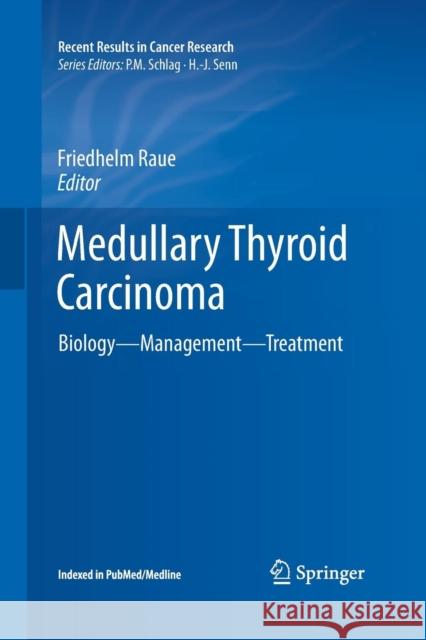Medullary Thyroid Carcinoma: Biology - Management - Treatment » książka
topmenu
Medullary Thyroid Carcinoma: Biology - Management - Treatment
ISBN-13: 9783319362601 / Angielski / Miękka / 2016 / 249 str.
Medullary Thyroid Carcinoma: Biology - Management - Treatment
ISBN-13: 9783319362601 / Angielski / Miękka / 2016 / 249 str.
cena 462,63 zł
(netto: 440,60 VAT: 5%)
Najniższa cena z 30 dni: 459,42 zł
(netto: 440,60 VAT: 5%)
Najniższa cena z 30 dni: 459,42 zł
Termin realizacji zamówienia:
ok. 20 dni roboczych.
ok. 20 dni roboczych.
Darmowa dostawa!
Kategorie BISAC:
Wydawca:
Springer
Seria wydawnicza:
Język:
Angielski
ISBN-13:
9783319362601
Rok wydania:
2016
Wydanie:
Softcover Repri
Ilość stron:
249
Waga:
0.36 kg
Wymiary:
23.39 x 15.6 x 1.4
Oprawa:
Miękka
Wolumenów:
01
Dodatkowe informacje:
Wydanie ilustrowane











